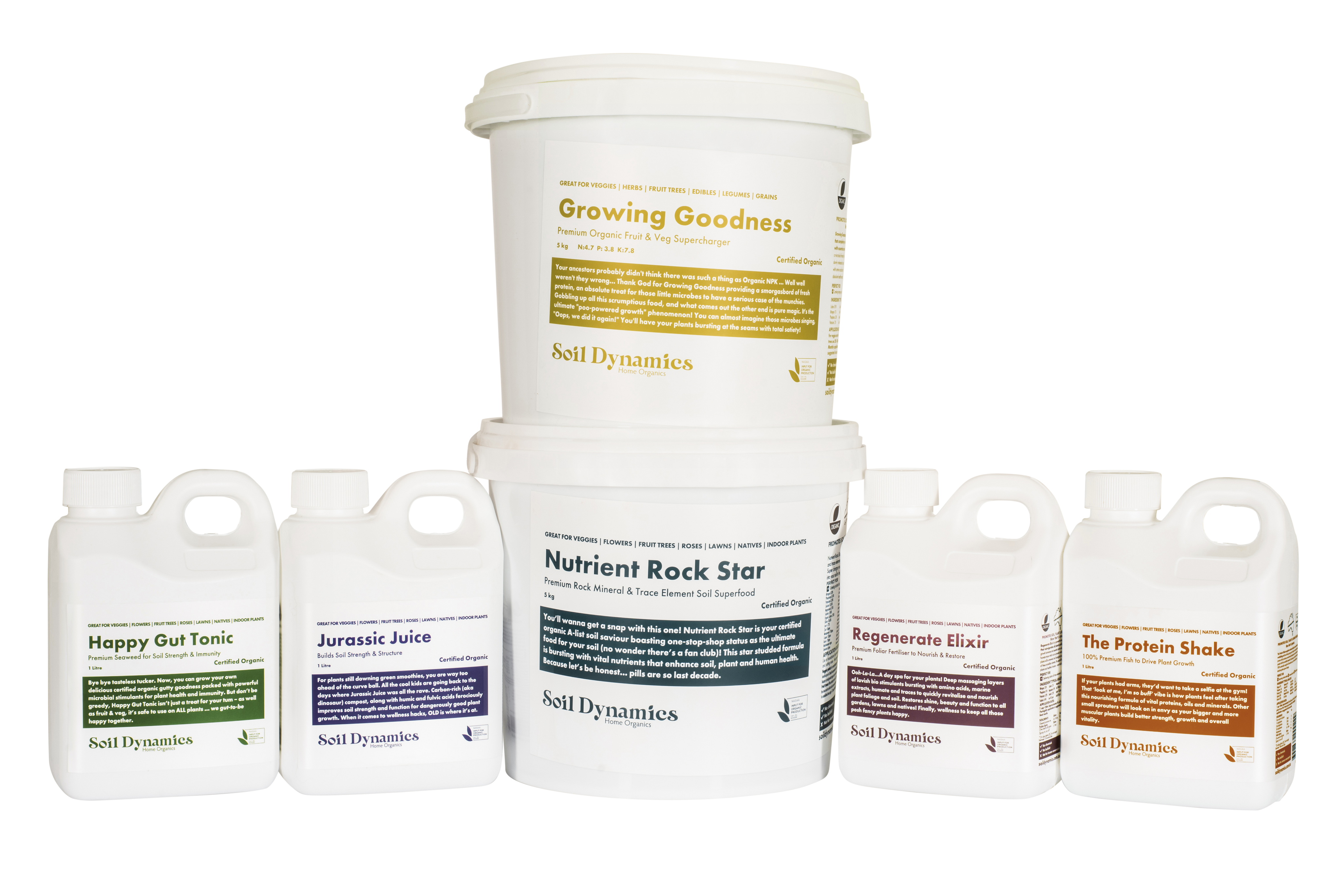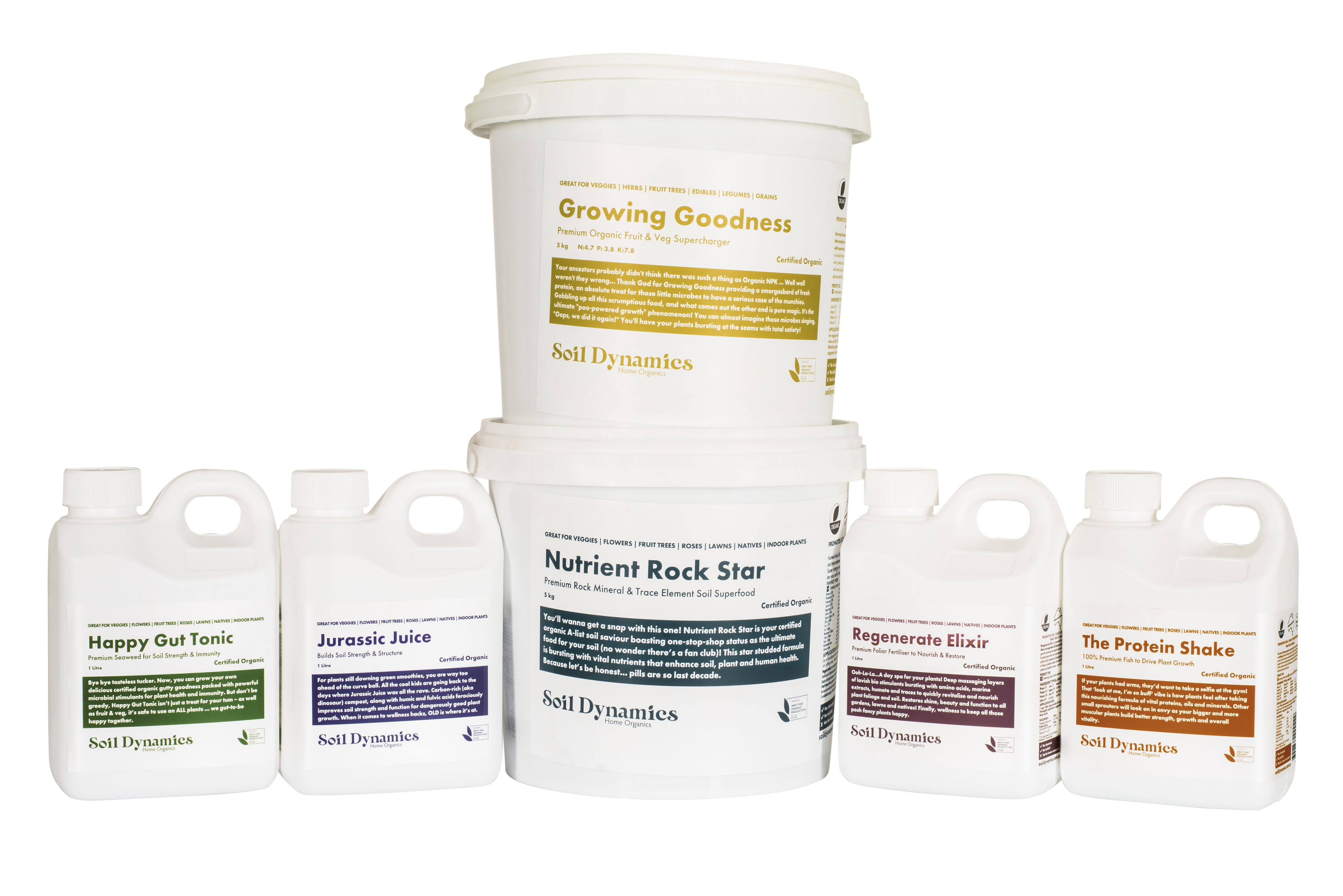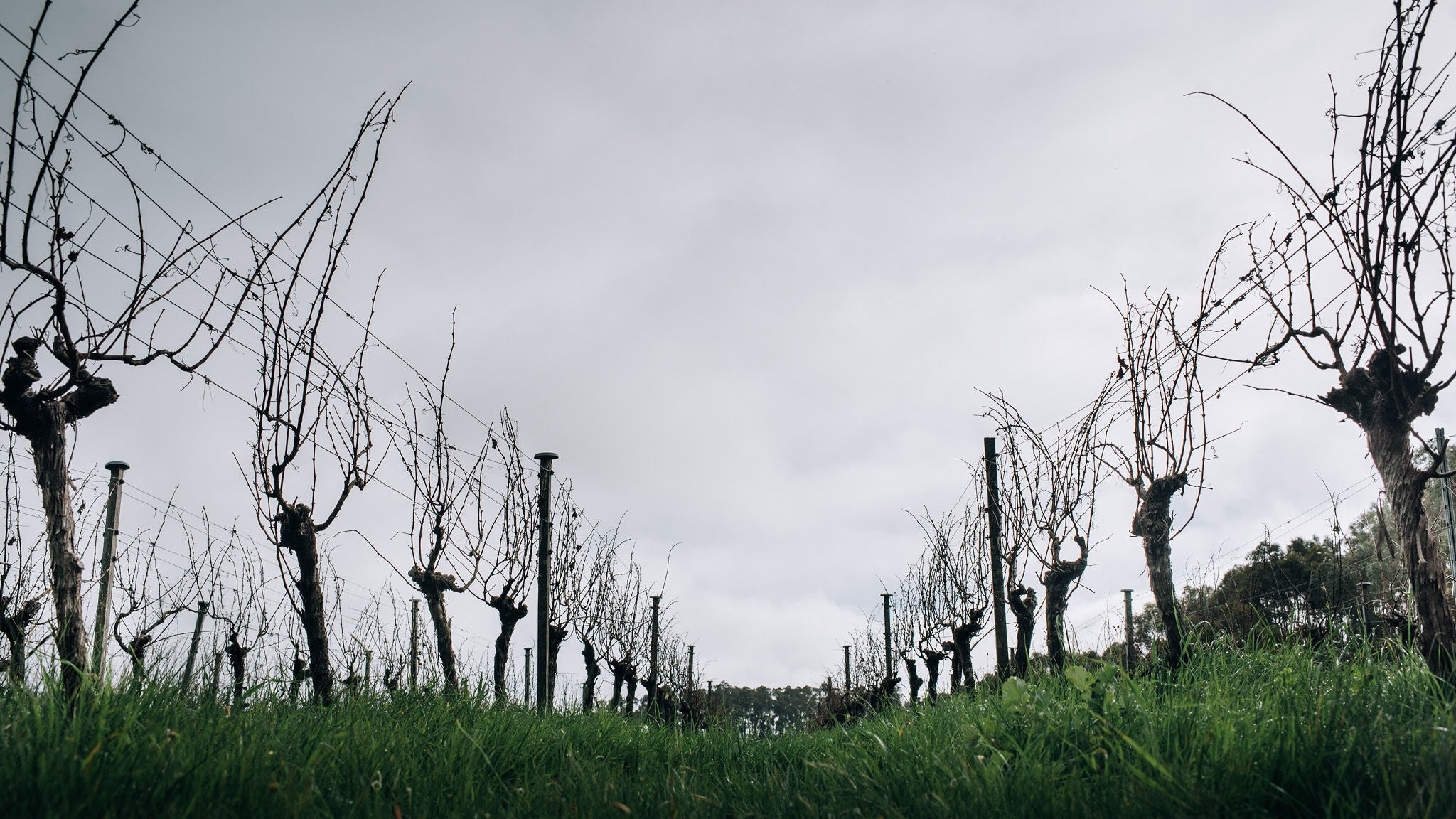Nitrogen Fertilisers
The Real Grit
Nitrogen based fertilisers have been proven to grow crops
and there are two ways to add nitrogen to the soil,
- Synthetically (urea, ammonium sulphate, sulphate, or ammonia) by adding nitrogen, which begins to erode carbon levels. It feeds the plants, but not the soil, so it requires more nitrogen fertiliser every few months. You also run the risk of burning the plants by overdoing it.
- Organically, by treating the soil and feeding microbes that create nitrogen naturally (that plants/crops use as they need it)
The first way is the most commonly used in the market place however scientific research has shown that once this path is taken more nitrogen is needed more often, costing the farmer/grower more in fertilisers as carbon is depleted in the soil.
The second way relies on building a healthy soil environment whereby the microbes (microscopic animals) breed and grow, and their waste generates natural nitrogen for the soil allowing plants to access what they need and importantly, when they need it.
This reduces the need for as much fertiliser as the microbes start to do the nitrogen enrichment job for you. Long-term (with other organic fertilisers), that means it saves you significant amounts of time and money.
No Frills follows best practices based on scientific research and test results. Our fertilisers are the best and truest form of organic farming to produce quality crops and plants for farmers and growers.
When the soil is functioning properly all the needs for the plants are being met as a result of natural balance.
Nitrogen is an important part of the plant growth. It plays many roles most importantly in the formation of proteins and structural parts of the plant.
In a natural environment, 100% of the nitrogen is produced via a biological process.
Many species of bacteria convert atmospheric nitrogen from the air into plant-available nitrogen. These are either via plants such as legumes that use Rhizobium bacteria for the conversion.
OR
Some diazotrophs do it directly from the air
All of the bacteria need various forms of carbon to survive, to perform their important functions. Recent research has found that these diazotrophs can detect when synthetic forms of Nitrogen are present in the soil and stop working, preventing them from performing their most natural process.
Nitrogen production!
This is essentially why the modern farming system is so reliant on Nitrogen as more and more need to be used to produce commercial yields.
However, this is a double-edged sword in the sense that when synthetic Nitrogen is continually added to your soil, it begins to erode carbon levels, which will ultimately destroy and limit these most important functions of the soil.
This leads to the significance of carbon in the soil.
The level of carbon governs the amount of natural nitrogen that can be produced from a given soil.
Low Carbon = Low potential Nitrogen
High Carbon = High potential for Nitrogen
This is due to the fact, that the Carbon Compost of the soil is where all the “Microbial Life” exists





